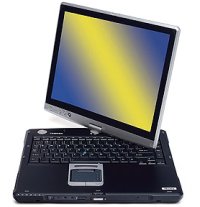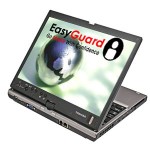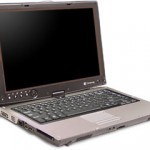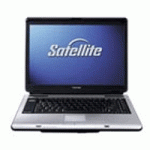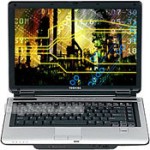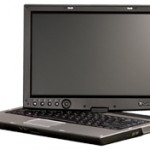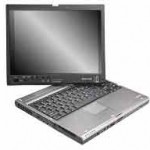Tablet PC Review Spot (link dead) reviews Toshiba Tecra M7-ST4013 and concludes that “this computer is a great machine for just about anyone. It is powerful, easy to use, and priced to compete with the other computers out there. I highly recommend it.” The good points are portability, power and good customer support while bad points are could have had a better battery life, lack of recovery disks and junk software included.
For full review, TabletPCReview concludes that the Tecra M7 is a well-made, easy to use, good machine. I highly recommend the Tecra M7 to anyone who is in the market of buying a Tablet PC. The price will compete with any other Tablets on the market. The M7 is a great contender for consideration by consumers seeking a “desktop replacement” type of Tablet PC. The Tecra comes across as a business class computer with consumer-friendly features. Whether it’s features like a nice widesreen format display to watch DVDs or high-level biometric security that you seek in a Tablet PC, the M7 has combined a great mix in offerings all in one moderately priced package.
Channel Insider (link dead) concludes that Toshiba’s Tecra M7 is for users who want a good notebook system with some tablet functionality. Weighing in at almost 6 pounds and sporting a 14.1-inch widescreen display, the Tecra M7 is large and powerful enough for everyday computing, but it lacks the battery performance of its competitors.
